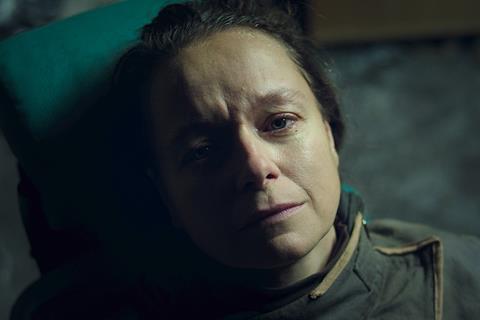
Oscar-winning British director Asif Kapadia has spoken of the difficulties of both making and distributing his end-of-days doc/fiction feature 2073.
Told from a future perspective after the collapse of society, it utilises real-life footage to point to global tragedy to come. But Kapadia says that the “tipping point into authoritarian rule” has already arrived.
Speaking during a wide-ranging masterclass at Visions du Reel, Kapadia described 2073, which premiered in Venice last September, as “a documentary set in the future that hasn’t happened yet. The film is a warning, which I think even one of the financiers didn’t get – until the film came out and then Trump won again.
“The moment of change in the film is called the Event. And I would say we’re in it right now. We’re in the moment of change from where we were, into some bad thing that we’re heading into.”
2073, which consumed Kapadia and his team for four years, received small, awards-qualifying releases in the US (through Neon) and the UK (Altitude) in late December. Co-written by Kapadia and Tony Grisoni, it is a narrated montage of the world’s swerve into authoritarianism, technological imperialism, data harvesting, surveillance, curbs on dissent and the climate emergency, all set against the fictionalised post-Event world of 2073.
Getting it out to audiences has been a challenge; with its focus on Silicon Valley ‘tech bros’ and Trumpism, it was not shown by major American film festivals.
“I’m very proud of the film, but it’s almost like I’m carrying it under my arm and taking it into screening rooms,” he said. “Doing something about a famous person [Kapadia made the Oscar-winning Amy, about Amy Winehouse, as well as the acclaimed Senna and Diego Maradona] is an easier sell, but this is hard – it’s much harder to get anyone to want to show it.”
Tipping point
Kapadia started work on 2073 during the UK’s Covid-19 lockdown, in the aftermath of the Brexit referendum and the country’s decision to leave the EU.
“That’s the first time I thought people were lying on television and getting away with it,” Kapadia recalled. “None of it made sense. I saw how the same phrases that were used during Brexit were being used during the Trump election, literally word for word. So this film is me trying to understand what the hell is going on in the world.”
It would end up being a film that took Kapadia through the dark landscape of modern society over the course of four years through to 2024. That was, he says, the year “with the most elections we’ve ever had in the world… the tipping point into authoritarian rule. There’s no left anywhere, there’s a centre and there’s a centre-right, and there’s a far-right and there’s a fascist-right, and the dictators. And everything seems to have shifted that way. It just seems to be there’s a playbook, and the playbook is copy and pasted by everyone.”
Making 2073 came with a cost. “It was a heavy film to work on,” Kapadia said. “You’re researching this subject, and seeing a lot of really dark material. It’s quite traumatising for the crew and for yourself. To find the material we had to keep going on social media, and you end up living in a very dark heavy space.”
Made for less money than Senna and Amy, 2073 employed two editors: Kapadia’s longtime collaborator Chris King for the doc footage and Sylvie Landra on the dramatised future sequences, starring a mute Samantha Morton who provides voiceover narration.
“Chris started on it, worked for years and was just destroyed by the experience in a way, he was broken,” noted Kapadia.
For 2074, Kapadia widened his field of vision; from the intense single lives documented in Senna, Diego Maradona and Amy, a tragic biography of a young girl who was hounded to the point of collapse by a rabid media, to the global catastrophies of 2073. Pioneering journalists Carole Cadawalladr, Maria Ressa from the Philippines and Rana Ayyub from India form the spine of the film, which spins across the confluence of threats to the planet’s continued existence.
Even now, months after it premiered, it would already be harder to make 2073, said Kapadia. And he takes no pleasure in the unspooling accuracy of its predictions. “All the warnings have been there for a long time for everyone, everywhere.”






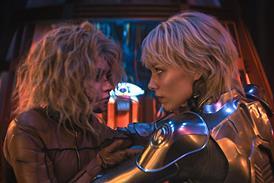





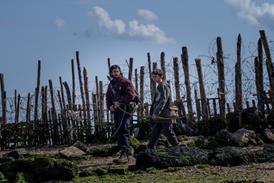
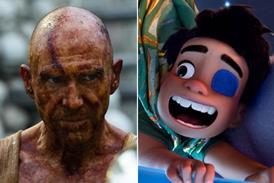
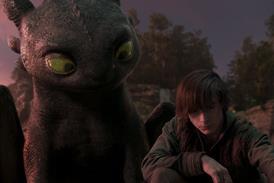


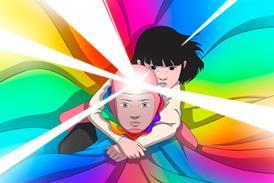







No comments yet